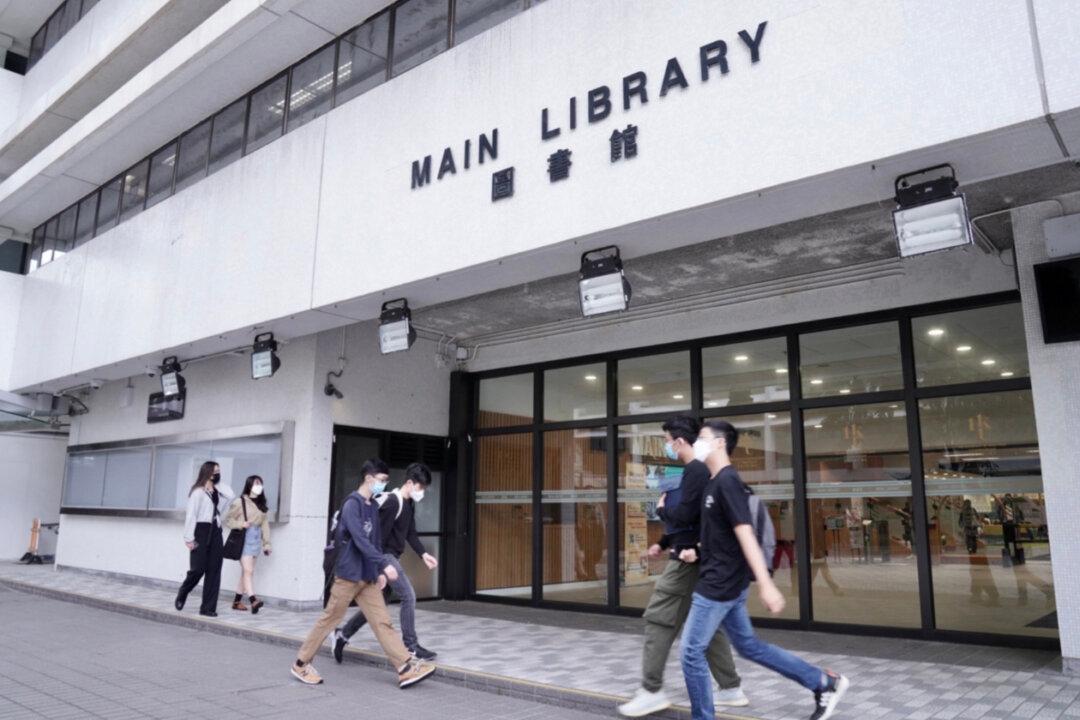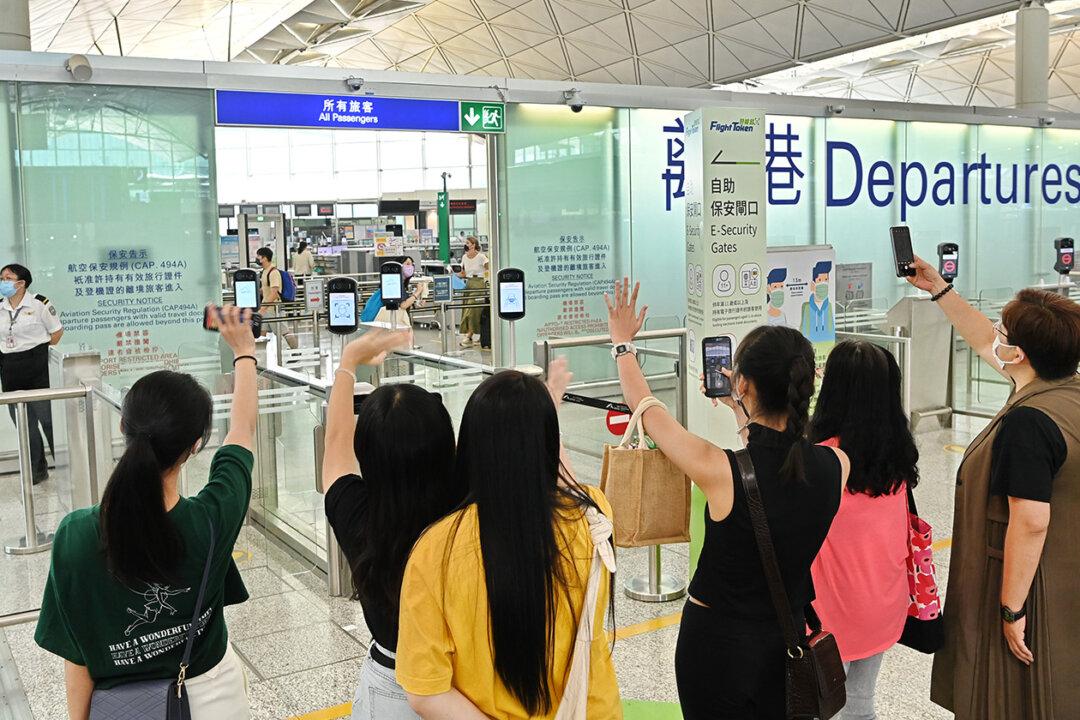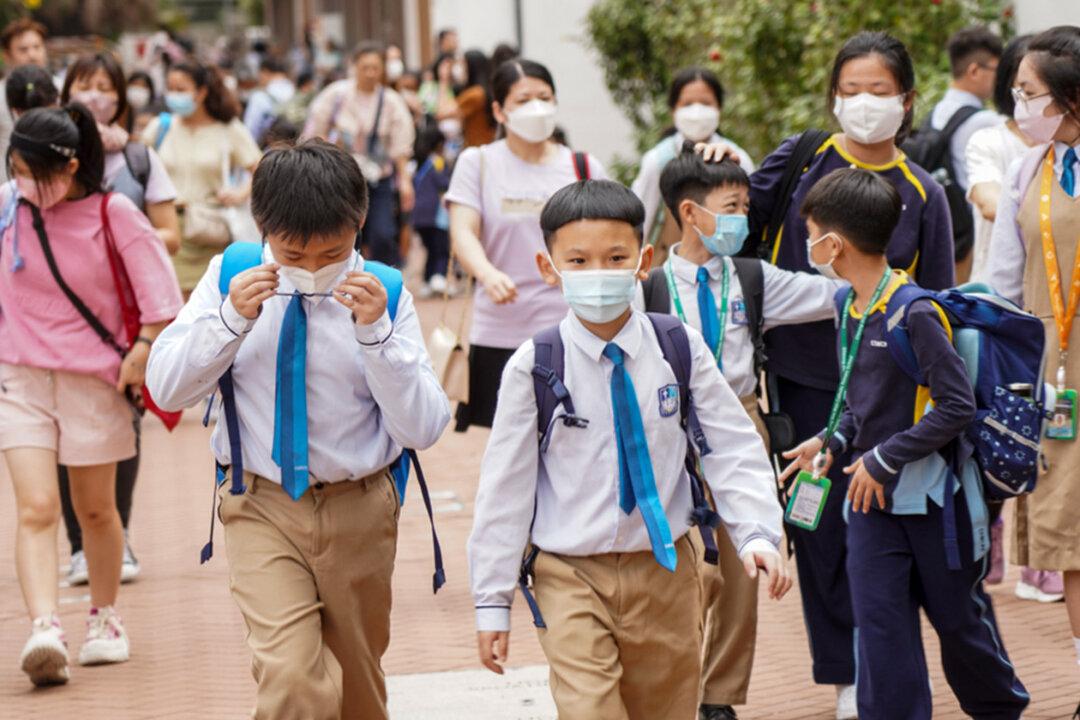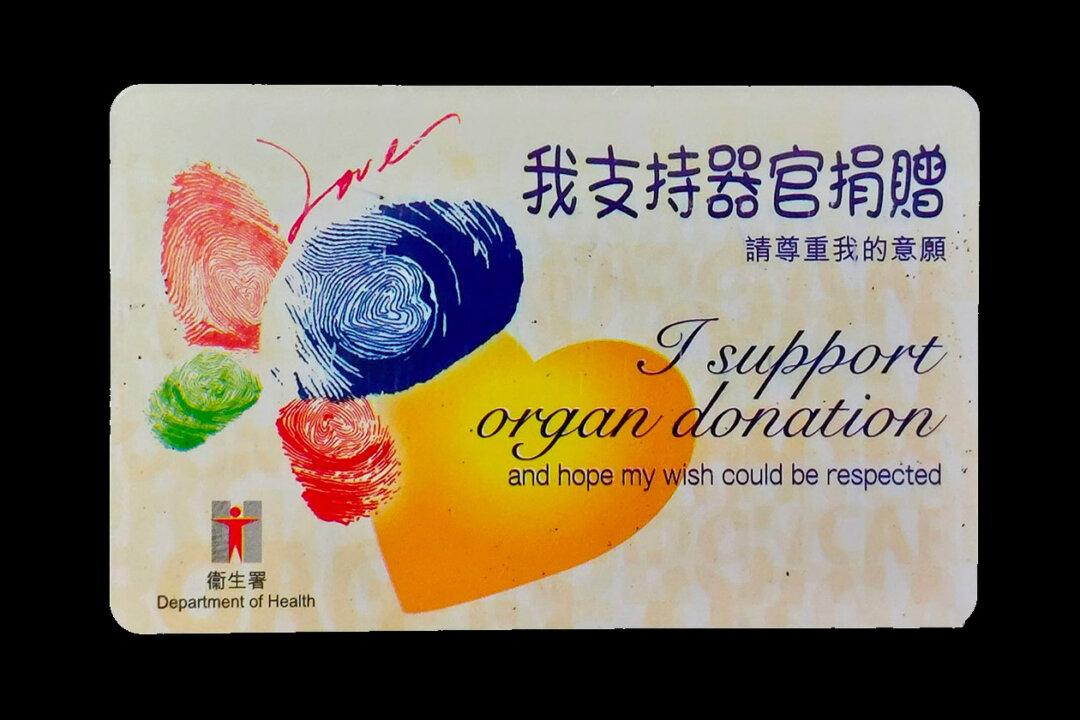The library of the University of Hong Kong (HKU) has introduced a new reservation system for the Special Collections department. Readers must make an appointment and register before browsing the books in that section. Readers who wish to scan, photocopy, or photograph materials in the Special Collections department, must first fill out a form explaining the details of the relevant books and the number of copies they wish to make.
The new measures were implemented on May 18, 2022. Some scholars believe that the tightening of regulations is “most likely due to national security considerations,” and it is necessary for people to see that this hinders and harms independent research and academic freedom, disrupts the free flow of information, and causes dismay in society.
- “Unfree Speech: The Threat to Global Democracy and Why We Must Act Now,” by former leader of Demosisto, Joshua Wong Chi-fung.
- “Freedom: How We Lose It and How We Fight Back,” by former Legislative Council member Nathan Law Kwun-chung.
- Hong Kong Alliance in Support of Patriotic Democratic Movements of China’s “June 4 massacre photo album.”
- “On the Hong Kong City-State” by Horace Chin Wan (pen name).
- “Today Hong Kong, Tomorrow the World: What China’s Crackdown Reveals About Its Plan to End Freedom Everywhere,” by Mark Clifford, an independent and non-executive director of Next Digital.
To access these books, one must make an online reservation.
Scholars: HKU Restricting Books Most Likely Due To NSL
After the new measures went into effect, historian Hans Yeung Wing-yu published an article in The Epoch Times titled “Recent Changes to the HKU Library Reflect Red Line Mentality?” referring to a friend who once asked the staff of the Special Collections department the reason for restricting access to books. The responder said it was because there were cases of “someone who stole books.” Yeung questioned whether the Special Collections department, which had been in operation for decades, has not had books stolen before, and asked whether the situation was so serious that “the freedom of reading and copying enjoyed by scholars of all past eras has to be sacrificed.” He told The Epoch Times that the tightening of the regulations “is most likely due to national security considerations.”Another scholar, Chung Kim-wah, believes that the reasons given by HKU were “obviously excuses,” and that “sometimes I really don’t know whether it was the university’s own initiatives or from the government’s pressure.” He lamented that this would only further narrow academic freedom. “If you know that when you go to the library to get those materials, you have to register and apply for it, you will definitely avoid using it, so as not to cause trouble. This is a very significant damage to academic research and academic freedom in general.”
Obstacles to Independent Research and Academic Freedom
Yeung said that readers need to go through the borrowing procedures that used to be only applicable to ancient books and rare books, but now include all books and documents in the Special Collections Department. At the same time, all books should be taken to a new reading area that is directly opposite the service desk. “Does it mean that readers of the Special Collections Department must be monitored by the staff there?”Hindering Data Flow and Causing Distress
According to the HKU library’s new regulations, when readers want to scan or take photos of the materials in the Special Collections department, they must first fill out a form and declare such details as the title of the book, the number of pages, and the number of copies that will be made. There are 6 other clauses, in addition to the copyright notices, which include “I understand that these copies are for my personal use only and are not transferrable.”Quoting a message from a friend who is engaged in historical research, Yeung questioned whether this regulation means that data cannot be shared with dissertation advisors and classmates, and whether research assistants can transfer data to the professor who oversees the project. He worries that the person concerned will easily face punishment from the university for violating library rules.
Government Ban is ‘Endangering National Security’
Under the National Security Law, the freedom of people to access individual books is obviously restricted. Ming Pao reported in June that, in order to avoid crossing the “red line,” three secondary schools removed “sensitive” books from their libraries, and even destroyed some of them. Included are the memoirs of former Chinese Communist Party general secretary Zhao Ziyang, “The History of Reform;” “Mao’s Great Famine” by Frank Dikotter; and even “Zi Lan You Shu Hui,” a collection of essays by Szeto Wah on the relationship between teachers and students. These books will disappear from the school libraries.Over 100 Books and Periodicals Removed from Public Libraries
Apart from school libraries, after the implementation of the NSL in 2020, the Hong Kong Public Library has also removed a number of books with local and Chinese political content, such as, those on the 1989 democracy movement. For instance, Chin Wan’s “On the Hong Kong City State;” Tanya Chan’s “Resist while Moving and Eating;” Joshua Wong Chi-fung’s “I’m Not a Hero;” ”Hong Kong Nationalism“ by HKU’s Undergrad; ”I Declared War on Hegemony“ by former Democratic Party Chairman Albert Ho Chun-yan; ”Nazi China“ by writer Yu Jie; Chinese exiled writer Liao Yiwu’s ”This Empire Must Divide;“ the publication ”The 1989 China Democracy Newspaper Advertisement Album“ by the Hong Kong Alliance in Support of Patriotic Democratic Movements of China; and ”Wang Dan’s Memoirs in Prison” by Wang Dan, the leader of the June 4th student movement, and the like.According to media statistics, since the implementation of the Hong Kong National Security Law to the end of last year (2021), at least 106 books and periodicals were removed from public libraries. In July last year, the Leisure and Cultural Services Department stated that in response to the National Security Law, a total of 72 collections had been suspended from lending.




